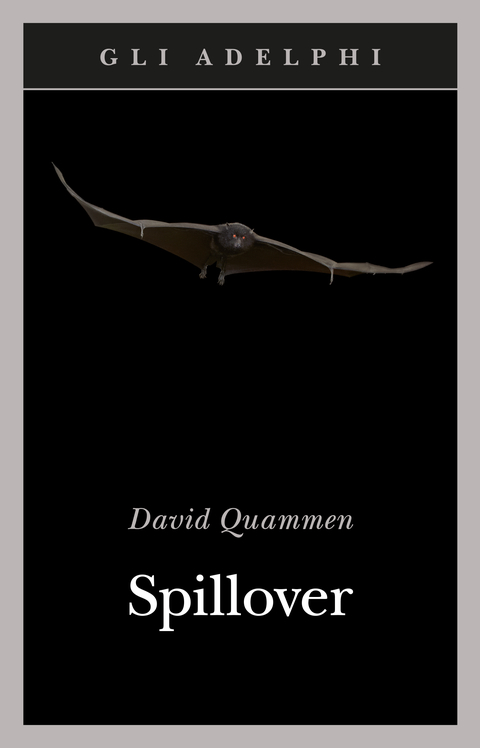
11 No.University of Oxford (B.Litt., English, 1973) ĭavid Quammen (born February 24, 1948) is an American science, nature, and travel writer and the author of fifteen books. Woman, Body, Conception: Unveiling the Arcana 2 (2019)įamily, Personal Networks and Social Capital Social Capital and the Functioning of Welfare Systems Personal Networks as Social Capital: a Research Strategy to Measure Contents and Forms of Social Support

Who Is Willing to Take up the Challenge of the Globalisation of Risks?

2 (2015)Ĭhanging Your Lifestyle to Change the World. 2 (2016)Ĭare Work between Defamilialization and Commodification The Meaning of Medically Assisted Procreation and Technological Family Planning The Desire for Children, the Children of one’s Desire. Paola Di Nicola, University of Verona, Italy While the former underlines that risks become global in an increasingly globalised and interconnected society, the latter stresses that issues of trust and risk have changed in late modernity, and that many of these risks are the result of the ever-more invasive and aggressive impact of man on the environment. The rapidity of the spread of the current pandemic and the difficulty in stemming the flow bring to mind the thinking of two scholars of modernity: Ulrich Beck and Anthony Giddens. Instead, though, the sentences actually lead us back to a distant past in antiquity and the Middle Ages when social isolation and distancing were adopted as measures to contain and fight the plague, a long-term epidemic that spread throughout Europe, tragically decimating the population and drastically slowing down economic and social development with negative repercussions that lasted for decades.

Given the experience that the whole world is currently living through, it may sound like a self-fulfilling prophecy has transformed the projections of the near or distant future in many science-fiction films into reality. Animal Infections and the Next Human Pandemic, published by Adelphi in 2014 two years after the original English edition. The perpetrators of the next pandemic are already among us, they are viruses that today affect animals but that could at any moment make a leap of species – a spillover in technical jargon – and also affect humans.’ These words, taken from a review, feature in the blurb for the Italian translation of David Quammen’s Spillover.

They do not come from another planet and they are not born out of thin air. COVID-19, family relations, family Abstract


 0 kommentar(er)
0 kommentar(er)
